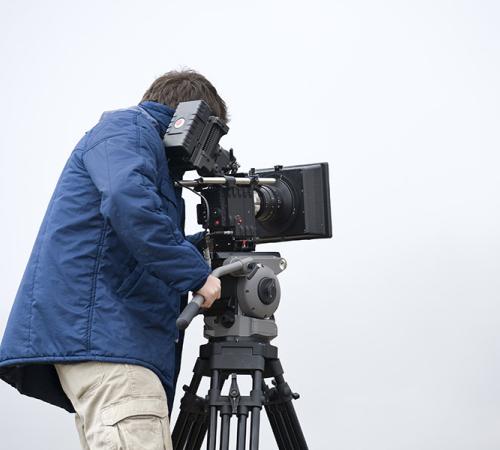
The pros and cons of using major events to promote your small business

The World Cup is only a matter of days away and, as with any major event, many companies have been busy planning campaigns, ready to take advantage of the festival of football and the buzz it accompanies. But while much of this activity is undertaken by multinationals, there’s no reason why small businesses can’t join in the fun, if they do it properly.
Large events of national interest provide a great platform for small businesses to do what they do best – working quickly, creatively and more agile than larger companies. However, there are also pitfalls that can end up costing your business more in reputation and money than it’s initially worth.
With the World Cup and other major sporting events, there is one major risk small business owners need to be aware of: only sponsors who have paid to be associated with the event can reference it. In the case of Brazil 2014, companies have paid a lot in sponsorship and FIFA is known for taking a dim view of anybody who tries to circumnavigate this, as Hiscox’s Samantha Newman points out in her post on advertising.
A simple reference to the event in question in your promotional material could lead to a match in court and is best avoided. Similarly, many athletes are equally vigilant when it comes to using their image, while going too far in criticising or making fun of those associated with the event could leave you open to a libel action.
That’s the scary, worst-case-scenarios. But this doesn’t mean small businesses can’t be creative, especially when it comes to the online space. A well-placed Tweet or a quick spot of newsjacking – where companies use the day’s headlines to help promote them or their products – can prove a winner when it comes to spreading your reach beyond your usual audience. But be warned – a misjudged tweet or activity that’s been rushed through can do more harm than good.
Here’s an example (external link) of a small company getting it right. When President Obama briefly visited northern Australia in 2011, a small local insurer called TIO posted a blog saying it would cover him against crocodile attacks. It generated huge media coverage (a Google search shows more than 1.4 million results), which lasted long after Air Force One took off.
While there are no hard and fast rules, there are some general considerations when attempting to piggyback off a national event for your small business:
- It’s got to be immediate. You have to respond quickly to a news item. If you leave it too late then the news agenda has moved on. You can prepare what you want to say beforehand but your timing has to be right.That means using social media as events are unfolding, not 12 hours’ later. If people appreciate it, it can be taken up and shared thousands of times across social media, grabbing lots of attention for your firm.The oft-quoted example here is Oreo (external link), who posted a image referring to a power cut during the 2013 Superbowl. There was no reference to the NFL, just a simple acknowledgement that this was a story that people were Tweeting about. While this was the work of a global biscuit brand, there’s no reason why a small business with a knowledge or the sector and an creative, witty brain can’t take advantage of breaking news in a similar way.
- If you’re going to get involved in current events, it’s got to be relevant. For it to work you need to show that you’re following the headlines, and putting your own twist on the news.So for the coming month, for example, don’t just use a tenuous reference to the World Cup in a pre-prepared press release or shoehorn a reference to a player into a Tweet, otherwise you might appear in Private Eye’s Desperate Marketing column, which contains examples of advertising where companies make misjudged attempts to jump on a news story for cheap publicity.Worse still, Twitter users may decide to share and mock your Tweet, in which case you’ll have gone viral, but not in the way you were hoping.
- Be witty, but be careful. The best newsjacking examples are quirky or amusing, but you should be wary of posting anything that’s too close to the bone. Your target audience might not share the joke and your efforts could backfire. For example, a star athlete suffering a serious injury isn’t a subject for mirth.
- Beware of using other peoples’ images. If you use a popular picture that’s in the news then it could land you in hot water. News and picture agencies have paid enormous sums to cover the tournament and they will jealously guard the rights to their images.It’s not just small businesses who can get tripped up on this – Nando’s in Australia was forced to take down a social media post in May after it was threatened with a lawsuit, because it used a picture without the permission of the rights holder. Hiscox’s Samantha Newman has outlined the dangers of breaching images rights in a recent post on this blog.
It can be easy to see major events, whether it’s the World Cup, Wimbledon or a general election, as cheap publicity for your small company – after all, it’s likely to be all the country will be talking about.
However, while social media offers plenty of opportunity, there is still plenty of risk involved when it comes to attempting to join in. Be witty, but be careful. What may seem like an amusing newsjack at the time could be much less of a laughing matter when it costs your business money and reputation.
Disclaimer:
At Hiscox, we want to help your small business thrive. Our blog has many articles you may find relevant and useful as your business grows. But these articles aren’t professional advice. So, to find out more on a subject we cover here, please seek professional assistance.






